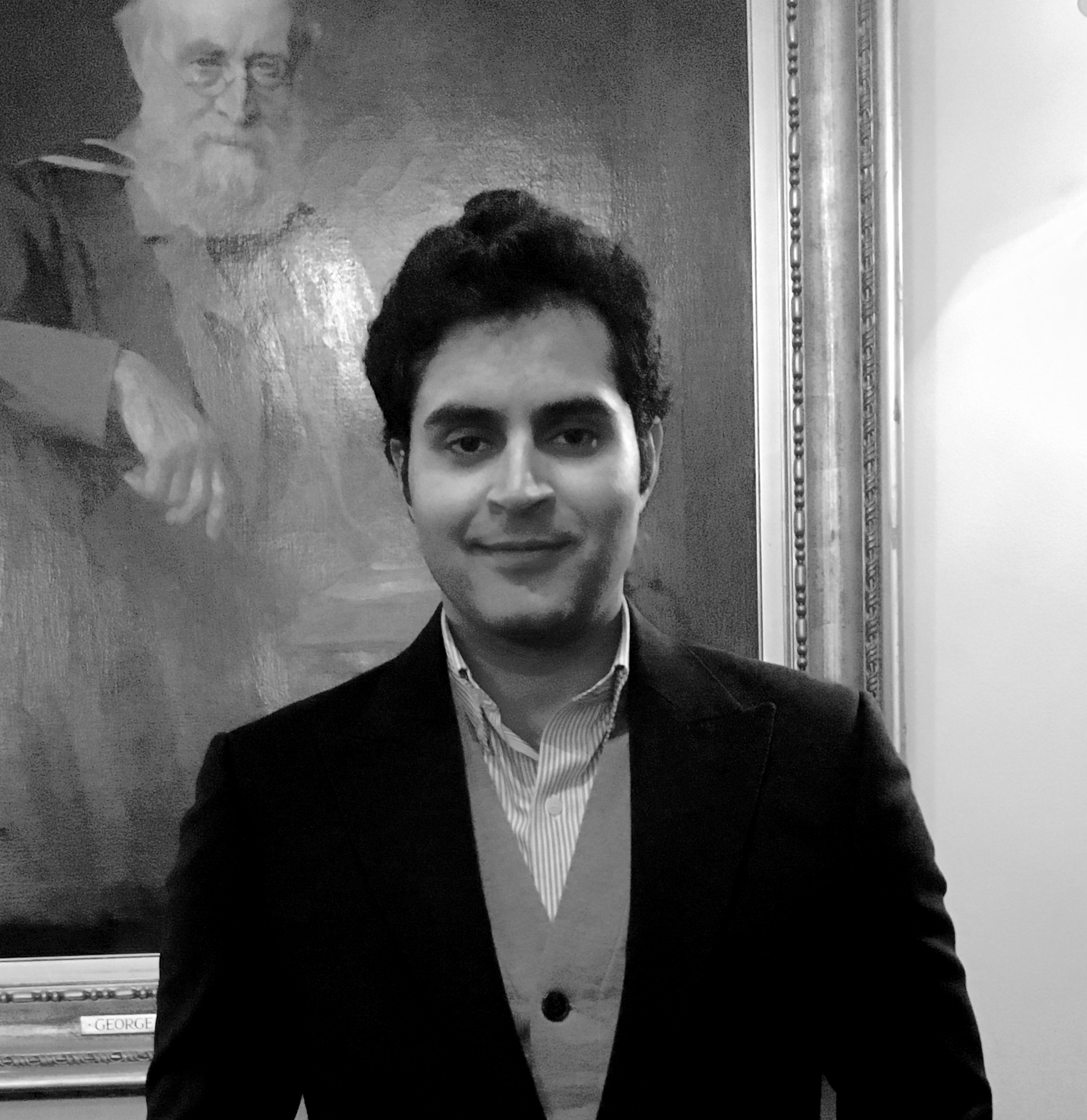

 Bloomsbury Academic
Bloomsbury Academic
Sixteen Stormy Days: The Story of the First Amendment to the Constitution of India


Key Metrics
- Tripurdaman Singh
- Bloomsbury Academic
- Hardcover
- 9781350384385
- 8.5 X 5.43 X 1 inches
- 1 pounds
- History > Asia - India & South Asia
- English
 Secure Transaction
Secure TransactionBook Description
On 26th January 1950 India became a republic, shedding its last links with its colonial past and inaugurating a new era of liberty and freedom. With fundamental rights and civil liberties guaranteed by the state, the new constitution was universally acclaimed as the 'world's greatest experiment in liberal government'.
This idealistic birth of a new republic meant a clean break with a repressive past. And yet, barely twelve months later, the very makers of the constitution were denouncing their own creation. Passed in June 1951, the First Amendment to the Constitution was a pivotal moment in Indian constitutional history.
Sixteen Stormy Days explores the contentious legacy of this First Amendment which drastically curbed freedom of speech, restricted freedom against discrimination and circumscribed the right to property.
It follows the sixteen days of debate that led up to it, the people that created it, the great battle waged against it and the immense consequences it has had for Indian democracy. It is a cautionary tale about an almost forgotten but hugely consequential piece of history that holds the key to understanding the position of civil liberties and individual freedoms in India today. It challenges conventional wisdom on iconic figures such as Jawaharlal Nehru, B.R. Ambedkar, Rajendra Prasad, Sardar Patel and Shyama Prasad Mookerji, and lays bare the vast gulf between the liberal promise of India's Constitution and the authoritarian impulses of her first government.
Author Bio
Tripurdaman Singh is a historian, writer and public-speaker who works on the political and social history of early modern and modern South Asia. He splits his time between Agra, India – which is his hometown – and London, United Kingdom, where he is currently a British Academy Postdoctoral Fellow at the Institute of Commonwealth Studies, University of London.
Born in 1988, Tripurdaman was schooled at St. Peter’s College, Agra, from where he graduated in 2006. He then went on to read Politics and International Studies at the University of Warwick, gaining a Bachelor of Arts with Honours. Subsequently, he earned an MPhil in Modern South Asian Studies and a PhD in History from the University of Cambridge. In 2017 he was elected a Fellow of the Royal Asiatic Society and hopes to soon be elected a Fellow of the Royal Historical Society as well.
He has also previously held a postdoctoral fellowship from the Indian Council of Historical Research. Tripurdaman’s (constantly evolving) research interests and writing range from politics, history and international affairs to food, fashion, sport and aesthetics.
As a historian, he is particularly interested in (in no particular order) Rajput history, the decline of the Mughal empire, the early British empire in India, the Princely States, independence and the transfer of power, the writing of the Constitution and the birth of Indian democracy, and post-liberalisation politics in India. He is also interested in histories of colonial sports, fashion, clothing and aesthetics as well as broader themes of sovereignty, state formation, colonial identity, modernity and constitutionalism.
Tripurdaman also takes a keen interest in and occasionally writes and speaks about contemporary politics, particularly regarding issues connected to secularism, modernity, views on the Constitution, elections and electoral processes, the role of history in current political discourse and the historical antecedents of current issues. When not indulging in research or writing, Tripurdaman likes going on long rambling walks, riding horses, playing cricket, dabbling in politics, attempting to be healthy and watching re-runs of classic whodunnit shows.
Source: tripurdaman.com
Videos


Community reviews
Write a ReviewNo Community reviews